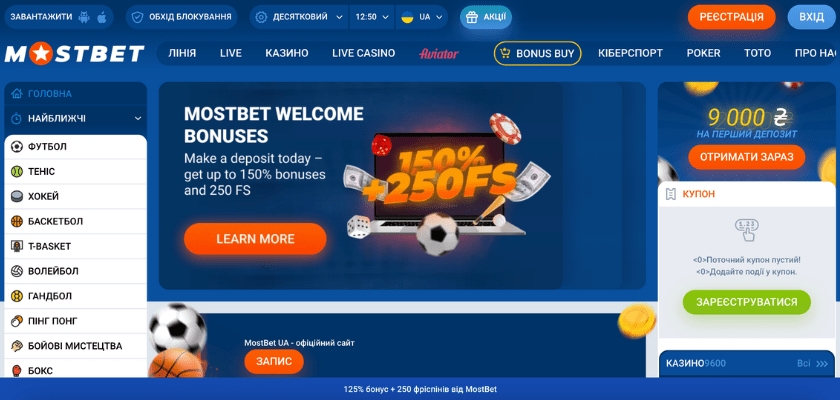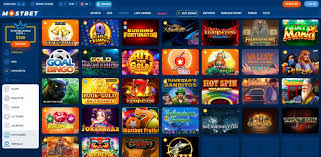Social Media Trends in AZ Online Gambling
The convergence of social media and online gambling has significantly changed the landscape of the betting industry in Arizona. As platforms continue to innovate, the way users engage with gambling has transformed remarkably. For those looking to explore these trends further, Social Media Trends in AZ Online Gambling az-mostbet-login.com offers insights into the evolving landscape of online betting.
The Rise of Social Engagement in Gambling
In recent years, social media platforms like Facebook, Instagram, and Twitter have become crucial venues for online gambling operators to reach their target audience. Companies have recognized the power of social engagement, using these platforms not only for advertising but also for building community among users. High engagement rates on social media have led to an increase in brand loyalty as players share their experiences and successes.
Influencer Marketing in Gambling
Another significant trend is the rise of influencer marketing within the online gambling sector. Influencers, particularly those with a following on platforms such as Twitch and YouTube, have been instrumental in promoting gambling brands. By showcasing gameplay and sharing betting tips, these influencers provide a personal touch that drives engagement and trust among prospective gamblers. This trend has resulted in a modern approach to acquiring new players, particularly among younger demographics.

Gamification of Social Media Experiences
Gamification—adding game-like elements to non-game contexts—has also gained traction. Many online gambling platforms are integrating interactive features on their social media channels. This includes contests, challenges, and leaderboards that incentivize engagement and retention. Users are awarded points or prizes for participation, making the online gambling experience more engaging and dynamic.
User-Generated Content and Community Building
User-generated content plays a vital role in the success of online gambling brands. Players often share their big wins, strategies, and reviews on social media. This organic content serves as powerful marketing, as prospective gamblers trust peer recommendations over traditional ads. Brands that encourage user-generated content typically see higher engagement rates and increased trust from their audience.
Mobile-First Marketing Strategies
With the increasing use of mobile devices for online gambling, marketing strategies have pivoted toward mobile-first approaches. Social media platforms cater to this trend by providing mobile-friendly interfaces and advertisements. As more users bet on-the-go, casinos and betting sites are optimizing their platforms to ensure seamless mobile experiences, which is crucial for capturing this audience.
Regulatory Impact on Social Media Gambling Advertising

The regulatory landscape surrounding online gambling in Arizona is also evolving, affecting how brands operate on social media. As regulations tighten, gambling companies must navigate advertising restrictions while still engaging users effectively. This has led to innovative approaches, such as focusing on content that educates users about responsible gambling practices rather than directly promoting gambling services.
Emerging Social Media Platforms
While established platforms like Facebook and Twitter remain pivotal in gambling marketing, newer platforms such as TikTok and Snapchat have started to gain traction. These platforms appeal to younger audiences, allowing brands to connect with fresh demographics in unique and creative ways. For instance, TikTok’s short video format is perfect for quick tips, gambling advice, or showcasing gameplay, capturing the attention of users in a fast-paced environment.
The Future of Online Gambling and Social Media
As technology advances, the integration of social media and online gambling will likely continue to evolve. The use of Artificial Intelligence (AI) and data analytics will allow brands to tailor their marketing strategies even further, creating personalized user experiences. Additionally, virtual reality (VR) and augmented reality (AR) may redefine how users interact with both gambling platforms and social media, providing immersive opportunities for users to engage with games and betting environments.
Conclusion
The intersection of social media and online gambling in Arizona is characterized by innovative trends that enhance user engagement, brand loyalty, and community. As the industry continues to adapt to ever-changing technologies and user behavior, those involved in the gambling sector—whether operators, marketers, or players—must stay informed about these trends. The future is bright for online gambling, especially as it finds new ways to engage with players through the power of social media.

